Advice for 20 Years Old Self: 20 Lessons of 20th (Part1)
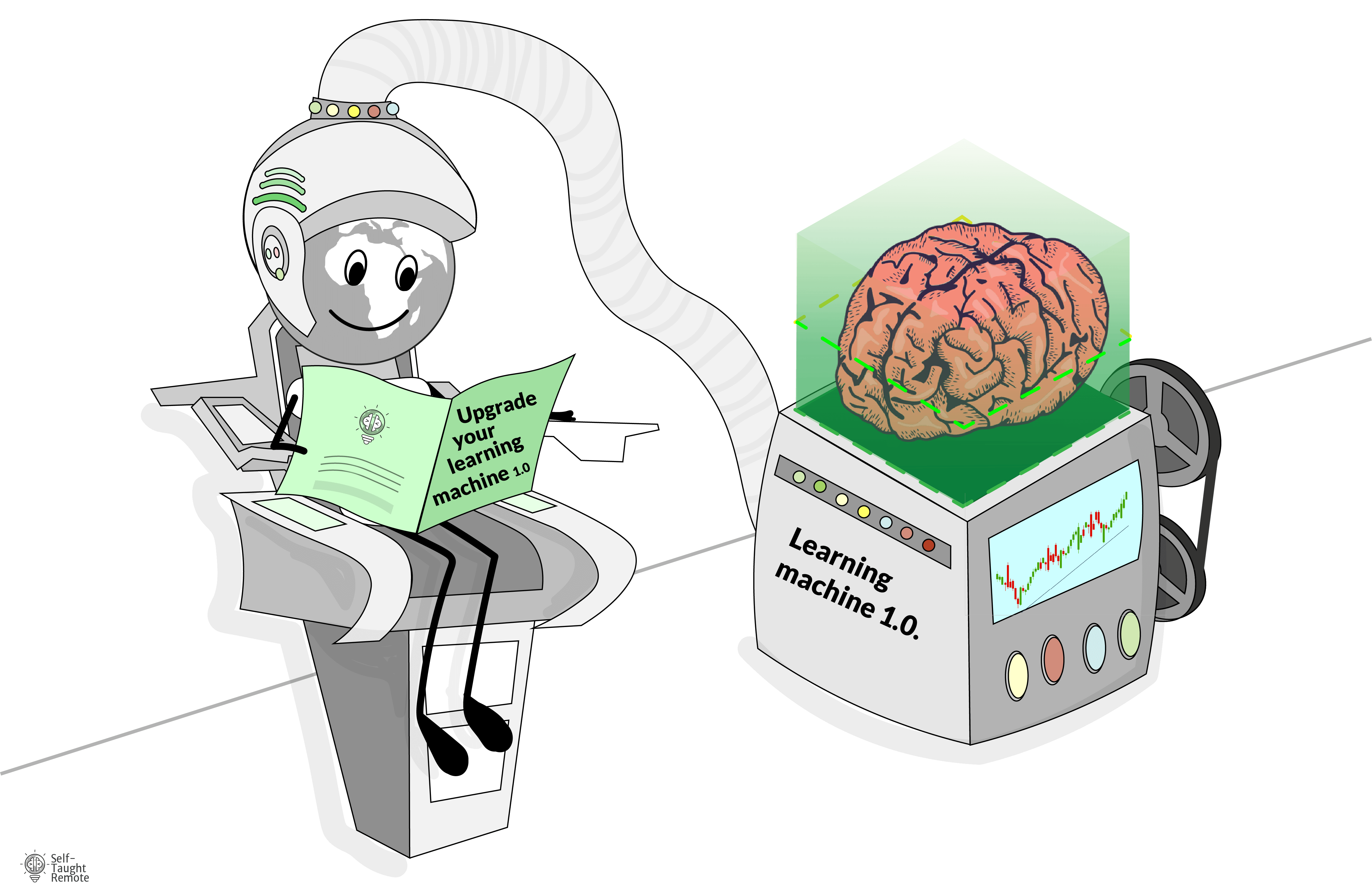
There are certain moments in life when we want to turn back and reflect on our past. Often it is the age milestones such as 20, 30, 40, 50, etc., that cause us to turn back and summarize past experience and recall the main lessons learned from it.
I crossed my 30th, and I wanted to compile and share the list of things I would advise my 20 years old self. Things helped me during my journey as a Software Engineer and had the most profound impact on my life and career.
You should read it if you want to learn lessons learned during the 10years journey of a self-taught remote Software Engineer in just a few minutes. I hope you will find something useful for yourself here. Enjoy the read!
Lesson #1: Learn How To Learn
Learning how to learn is an ability to teach yourself about any topic. It is a combination of formal and scientifically proven methods of learning combined with the knowledge of self. It is a meta-skill - the skill that improves all the other skills you have or will have.
It was my early 20th. I stumbled upon the course Learning How to Learn authored by Barbara Oakley and Dr. Terrence Sejnowski. It was eye-opening.
It turns out that there is a science behind efficient education. If you were struggling to learn in high schools or college as I did, digging deeper into this science will give you the necessary answer. You will understand the best way to learn that is specific to you. It will provide you the confidence to learn anything, boost self-confidence and release any anxieties you may have regarding the capability to learn.
It is hard to overestimate how important it is in Software Development. In this field, you always need to learn new things to keep up. Learning how to learn skills helped me become a self-taught Software Engineer and get a 2000% income increase.
To improve your skills, you can start with Learning How to Learn curse. There are also few books that I can suggest:
- Limitless
- Peak: Secrets from the New Science of Expertise
- Make It Stick: The Science of Successful
- The Art of Learning: An Inner Journey to Optimal Performance
- The First 20 Hours: How to Learn Anything. . . Fast
Lesson #2: Focus on Skills, Not Knowledge
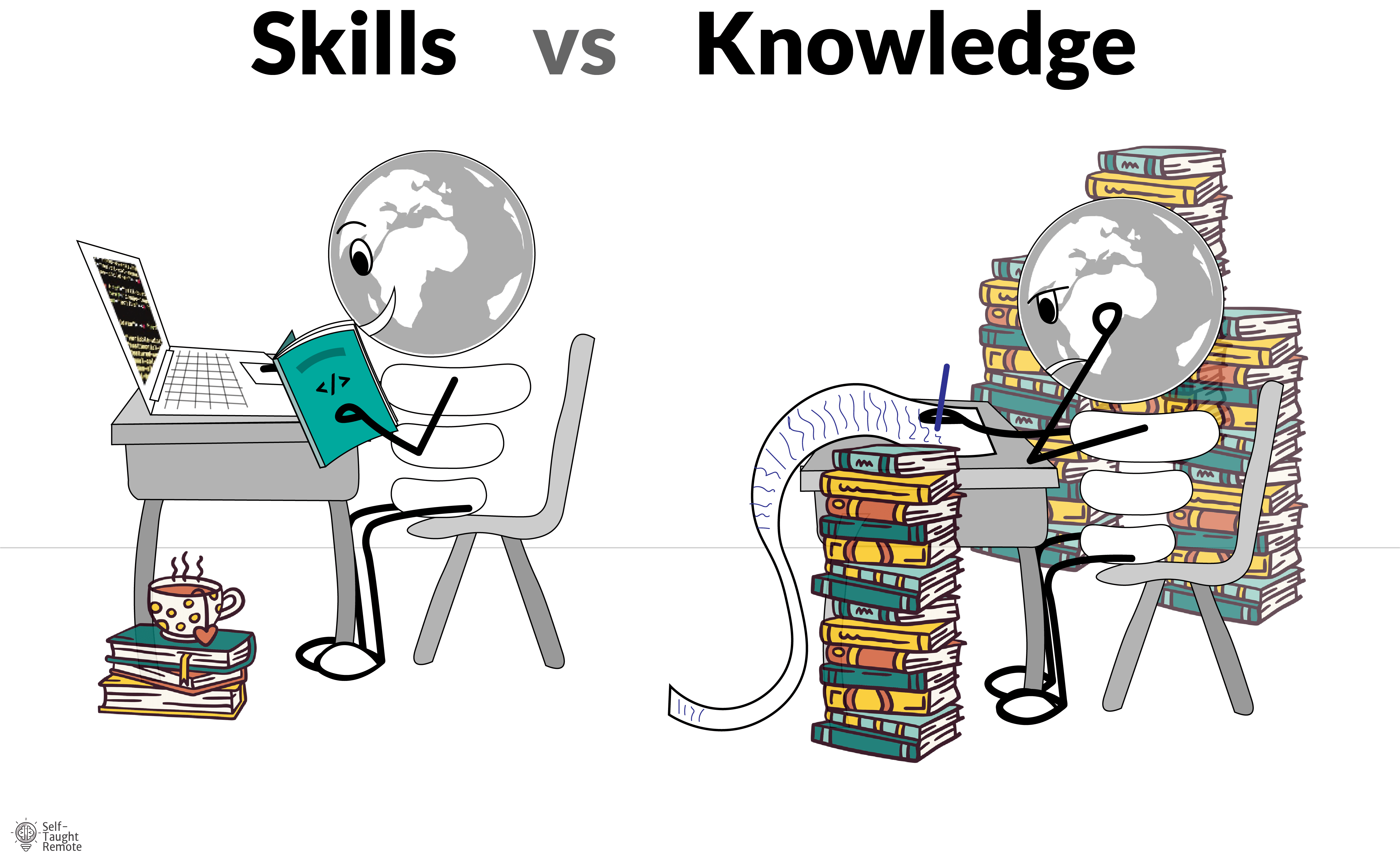
Knowledge is the information you consumed, and that sits in your brain until Forgetting Curve will get it.
Skill is an ability to perform a specific action, either generic or those that require supplementary knowledge.
Knowledge is an ability to speak, while skill is an ability to do. Mediocre Software Developers know more than they do, while great Software Developers do more than they know.
And business will always pay you for what you can do rather than what you know.
Have you ever seen people who know a lot but can not use most of this knowledge in practice? I did, and it is surprisingly common.
I see one of the root cause in the traditional education system. One requires students to digest piles of theoretical information before applying even a fraction of it to real-world problems. That causes an enormous imbalance between knowledge and skill. And when it is time to use it, it causes Analysis Paralysis.
The other root may lie in rising of social media, video services, etc. It spiked the amount of information people digest. And many got used to digesting information without deliberate action on it. Many people suffer from Mental Masturbation gives them a feeling of progress, but not the progress itself.
Our brain is smart. One is getting rid of something that it considers unimportant. And if you do not use digested information in practice, the brain will get rid of this knowledge - "If you now use it, you will lose it".
I learned this lesson in the early 20th when I was teaching myself Software Development. I decided to focus on skills I need to become a Software Developer, and for each specific skill, I searched the necessary amount of information but no more than that. It was a learning-by-doing approach based on Deliberate Practice concepts.
And I felt how powerful this approach is and how much time it saved me compared to the traditional education approach.
Do not get me wrong, I am not saying that you do not need knowledge. I am highlighting that you need not only knowledge. And you need only as much information as necessary to perform the skill at the level you desire.
Remember, focus on what you can do, not on what to know. Made the concept of Deliberate Practice your go-to rule when learning anything.
“Execution trumps knowledge every day of the week” – Tony Robbins
Lesson #3: Be Life-Long Learner
Being life long learner means realizing that you did not finish your education after graduating from college. It is just the beginning of it. And the end of it is at the end of life. It is the realization that you always need to learn and acquire new skills.
For a long time, there is a belief that after you graduated from college, you are done with your education. Maybe it was somehow true in the 19ht and first half of the 20th century. But it definitely not the case in the 21st century.
With today's pace of changes, you will always need to learn to have a competitive edge. It is especially relevant if you are a Software Engineer, another tech professional, or want to become one.
Take responsibility for your education. Make a list of things you want to know and skills you want to have. It could be a list of programming languages you want to become fluent in, design patterns you want to master, development frameworks, libraries, other new tools that appear regularly. Then pick places where you can learn them and schedule recurrent times during the week when you will be learning.
I can't imagine having any life successes without deciding to allocate time for self-education in my daily life.
"Progress equals happiness" - Tony Robbins.
And lifelong learning is the way to have it all your life.
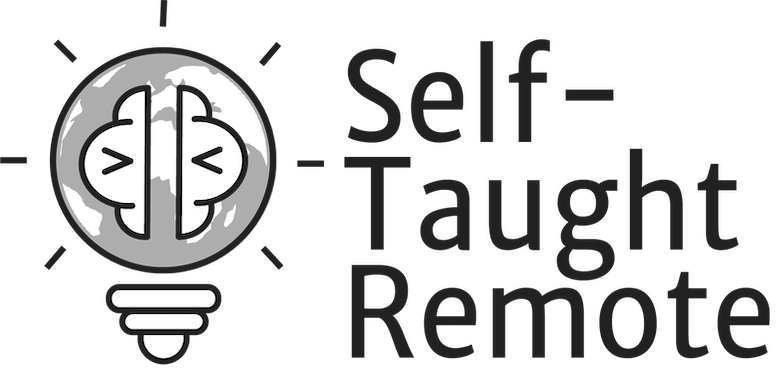
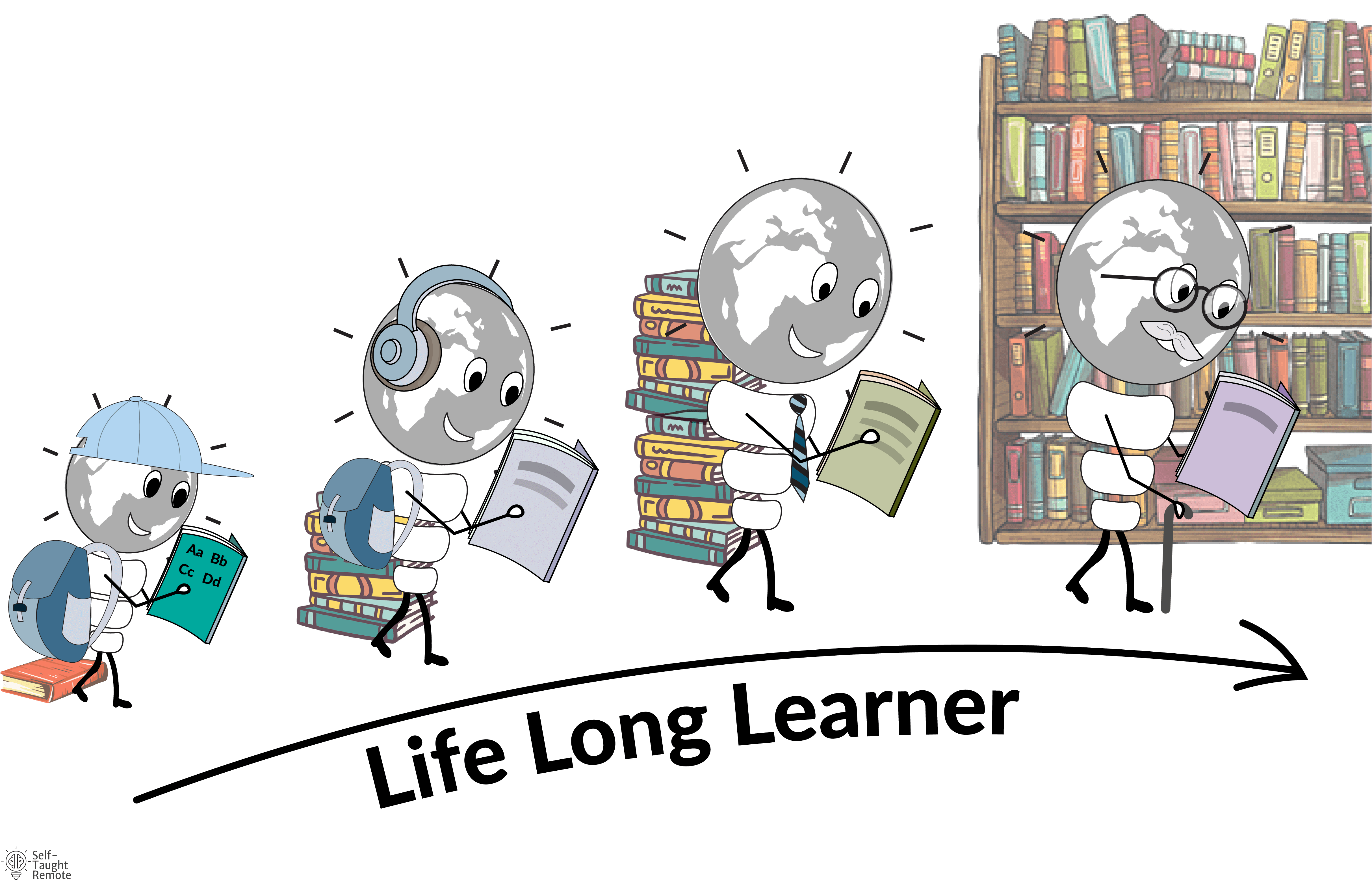
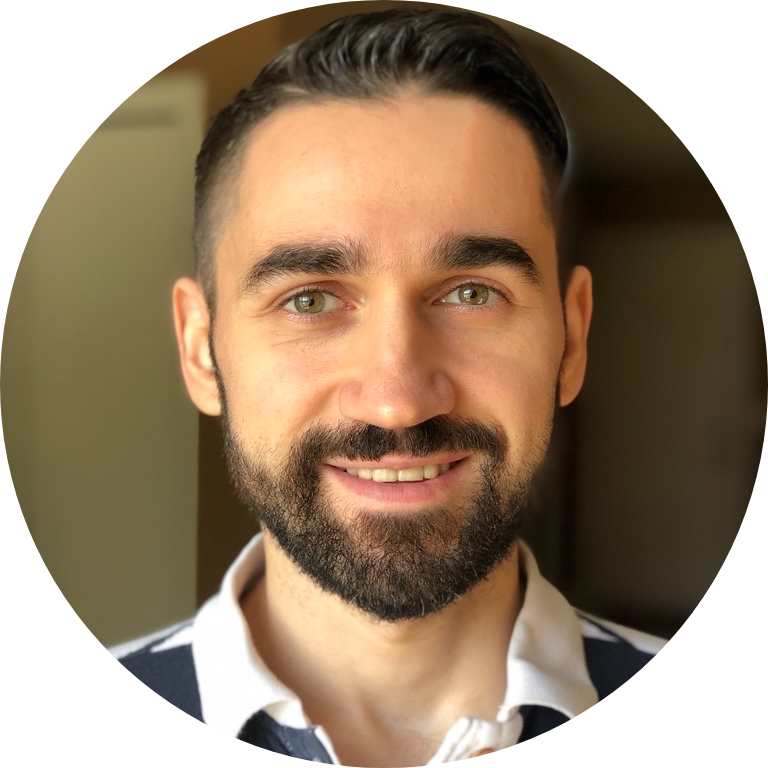
There are currently no comments